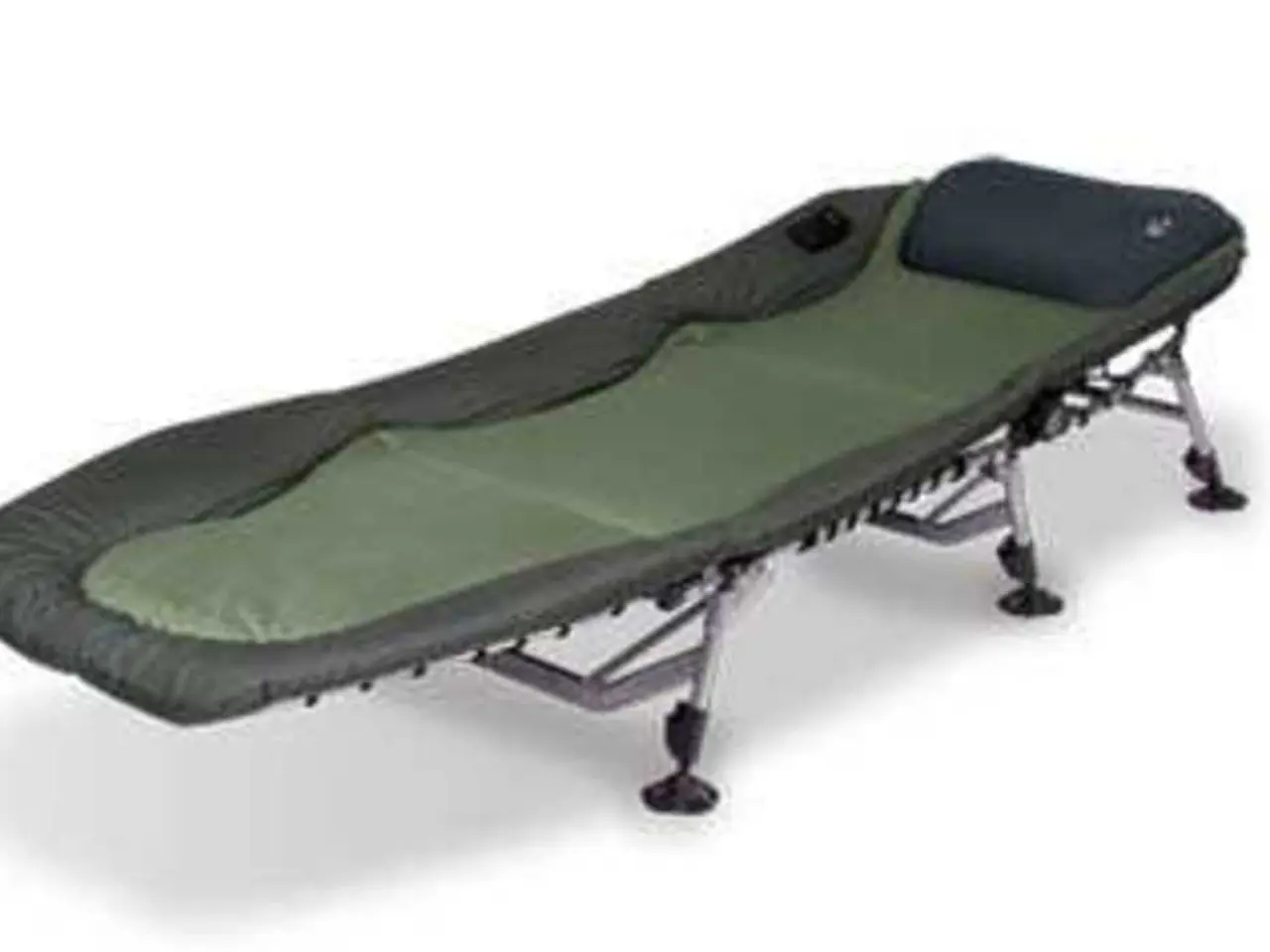Ankle Snap Symptoms, Causes, and Remedies
A popping sound in the ankle is a common occurrence that, in many cases, is harmless. However, it can be a sign of an underlying medical condition, and understanding the potential causes can help individuals take the appropriate steps to address the issue.
One possible cause of ankle popping is the formation and collapse of gas bubbles in the synovial fluid, which lubricates the joint. This is similar to the cracking sound that can occur in other joints when gas bubbles burst[1].
Another common cause is movement or alignment issues within the ankle, such as misaligned tendons and ligaments. This is more likely to occur when the ankle or surrounding structures are improperly aligned[3]. Previous ankle sprains can also lead to instability, causing popping sounds as ligaments or tendons move abnormally[4].
Repeated strain on the ankle, such as from running or dancing, can stress the tendons and ligaments, potentially leading to microtrauma and popping sounds[2]. Conditions like osteochondritis dissecans, where a small segment of bone separates and causes cartilage in the joints to wear away, can also cause a cracking sound and are common in the ankles[5].
Fortunately, there are exercises that can help reduce popping sounds by improving ankle stability and strength. These include the ankle alphabet, ankle circles, toe raises, calf raises, and single-leg balance exercises[6]. Regularly performing these exercises can help improve ankle stability and reduce the occurrence of popping sounds.
However, if the popping is accompanied by pain or discomfort, it's advisable to consult a healthcare professional for proper assessment and treatment. In some cases, such as with osteochondritis dissecans, supportive gear like crutches may be necessary[7].
It's important to note that the medical term for popping sounds in the ankle is crepitus[8]. Popping ankles can also be caused by nitrogen bubbles in the joint fluid or tendons moving[9].
A 2017 review suggests that exercise therapy can be effective in treating ankle injuries[10]. However, if there are other symptoms alongside the popping, such as pain, swelling, or difficulty walking, it's crucial to see a doctor for a proper evaluation.
[1] https://www.ncbi.nlm.nih.gov/pmc/articles/PMC2883638/ [2] https://www.ncbi.nlm.nih.gov/pmc/articles/PMC4636688/ [3] https://www.ncbi.nlm.nih.gov/pmc/articles/PMC5857982/ [4] https://www.ncbi.nlm.nih.gov/pmc/articles/PMC5857982/ [5] https://www.ncbi.nlm.nih.gov/books/NBK441915/ [6] https://www.ncbi.nlm.nih.gov/pmc/articles/PMC5857982/ [7] https://www.ncbi.nlm.nih.gov/books/NBK441915/ [8] https://www.ncbi.nlm.nih.gov/books/NBK441915/ [9] https://www.ncbi.nlm.nih.gov/books/NBK441915/ [10] https://www.ncbi.nlm.nih.gov/pmc/articles/PMC5857982/
- In addition to the above mentioned causes, ankle popping could potentially be a sign of Spondylitis, a type of inflammatory arthritis that affect the spine, such as Ankylosing Spondylitis (AS).
- Interestingly, some studies suggest a possible link between AS and other systemic diseases like Diabetes,multiple Sclerosis, Alzheimer's, and HIV, indicating a predictive relationship in certain cases.
- Furthermore, conditions like Ulcerative Colitis (UC) and Migraine also seem to share a similar gene pool with AS, although the exact relationship remains unclear in science.
- In some cases, people with AS may also experience symptoms of Depression, highlighting the importance of mental health-and-wellness in overall fitness-and-exercise routines.
- Therapies-and-treatments for AS often involve medication, exercise, and physical therapy, aiming to reduce inflammation, manage pain, and prevent bone fusion.
- Regular fitness-and-exercise, coupled with a healthy diet, can contribute positively to managing symptoms of AS as well as improving overall health and wellness.
- It is essential to consult a healthcare professional for proper diagnosis and treatment if one suspects they might have AS, as early intervention can help slow disease progression.
- Understanding the potential causes of anomalies like ankle popping is key to addressing medical issues efficiently and ensuring a proactive approach to one's health-and-wellness.
- Awareness about various conditions like AS and their possible symptoms can empower individuals to take charge of their health, encouraging a more informed and preventive lifestyle.




